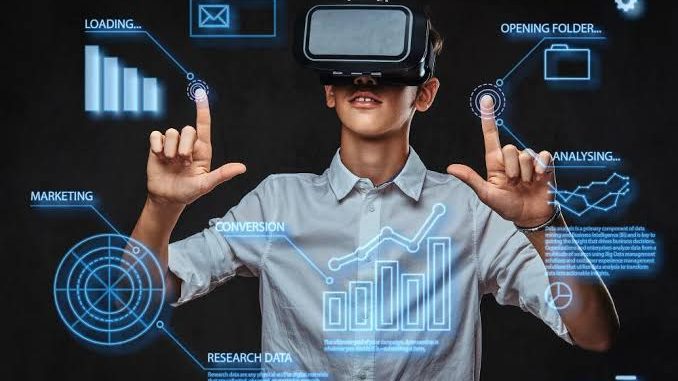
1. Artificial Intelligence (AI) and Generative AI
AI continues to revolutionize industries, from healthcare to finance and beyond. Generative AI, such as OpenAI’s ChatGPT, is advancing capabilities in content creation, automation, and problem-solving. AI-powered systems are being integrated into customer service, medical diagnostics, and even creative fields like music and design. As AI models become more sophisticated, ethical considerations around AI bias, regulation, and responsible AI use will become even more crucial.
2. Quantum Computing
Quantum computing promises to solve complex problems that are beyond the reach of traditional computers. Companies like Google, IBM, and startups are pushing the boundaries of quantum research, with potential applications in cryptography, drug discovery, and financial modeling. As hardware and algorithms improve, we could see a shift in how industries tackle large-scale computational challenges.
3. 5G and Next-Gen Connectivity
The global rollout of 5G is transforming communication, enabling faster speeds, lower latency, and more reliable connections. This technology is essential for smart cities, the Internet of Things (IoT), and advanced applications like autonomous vehicles and remote surgeries. As 5G adoption increases, businesses and consumers will experience significant improvements in connectivity and data transmission.
4. Extended Reality (XR) – AR, VR, and the Metaverse
Extended reality (XR), which includes Augmented Reality (AR) and Virtual Reality (VR), is enhancing digital interactions. Tech giants like Meta and Apple are investing heavily in creating immersive experiences through AR glasses and VR headsets. The metaverse, a virtual world where users interact using digital avatars, is becoming more mainstream, with applications in gaming, social networking, and workplace collaboration.
5. Sustainable Tech and Green Energy Innovations
With climate change concerns growing, sustainable technology is a major focus. Innovations in renewable energy, energy-efficient computing, and eco-friendly materials are driving the shift toward a greener future. Companies are developing smart grids, carbon capture technologies, and AI-driven solutions to optimize energy use. Sustainable tech is not just an environmental necessity but also a major economic opportunity.
Conclusion
The rapid evolution of technology is transforming how we interact, work, and solve global challenges. AI, quantum computing, 5G, XR, and sustainable tech are among the most significant trends shaping the future. As these technologies mature, they will open new opportunities, redefine industries, and pave the way for a more connected and efficient world. Keeping an eye on these innovations will be crucial for businesses and individuals alike.
What do you think will be the most impactful trend in the next decade?